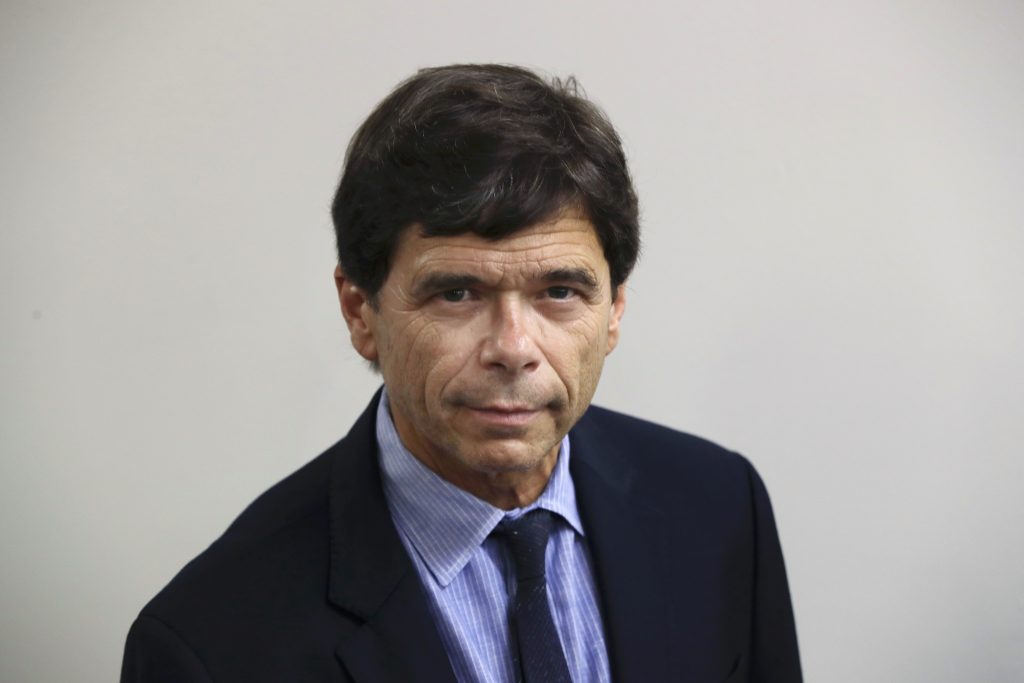
“When Mike Rezendes first heard from a man who claimed to be the illegitimate son of a Boston area priest, he had no idea he was wading into a global issue that had been percolating inside the Catholic Church for almost 900 years.”
Following Unlikely Paths
Mike Rezendes of The Boston Globe explored the pain and neglect experienced by unacknowledged sons and daughters of Catholic priests around the world in a piece that uncovered a global trend of abandoned children.
After meeting a man who alleged himself to be the illegitimate son of a Boston priest, Rezendes discovered a number of others in a similar position. These men and women were victims of a common church policy dealing with celibacy: while priests are forbidden from having sex, there are no provisions in place for the children born of priests breaking those vows.
Rezendes dedicated months to these men and women, ensuring that their stories could make a difference for the other victims of this trend provided they allowed their identity and full, unvarnished stories to be reported. The result was the largest investigation into the illegitimate children of the clergy ever published.
Rezendes is open to doing virtual class visits. Contact Center administrator, Krista Eastman (krista.eastman@wisc.edu) for more information.
Question
Q1: At what point does a journalist cross the line of professionalism when convincing a source that speaking on the record would be beneficial to others?
Q2: In the case of a problem where victims are numerous and spread across the globe, is it fair to only have a small sample of the victims share their story?
Q3: It’s difficult to imagine ways the abandoned children of priests could, or even would, be compensated for their suffering. Is it worthwhile for a journalist to share the story of victims if those victims are unlikely to find justice or recompense?
